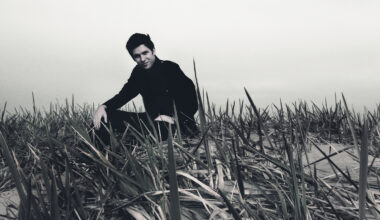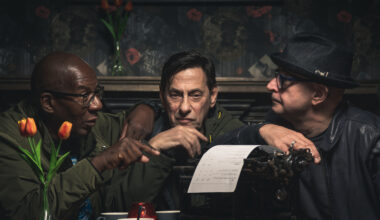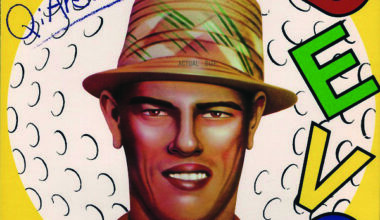Unashamedly pop for pop’s sake, ‘Flock’ is the album that songwriter, composer and “sound carrier” Jane Weaver has always wanted to make
Want to read more?
Sign up to Electronic Sound Premium to gain access to every post, video, special offers, and more. 100%, all you can eat, no commitment, cancel any time.
Already a premium member? Log in here






